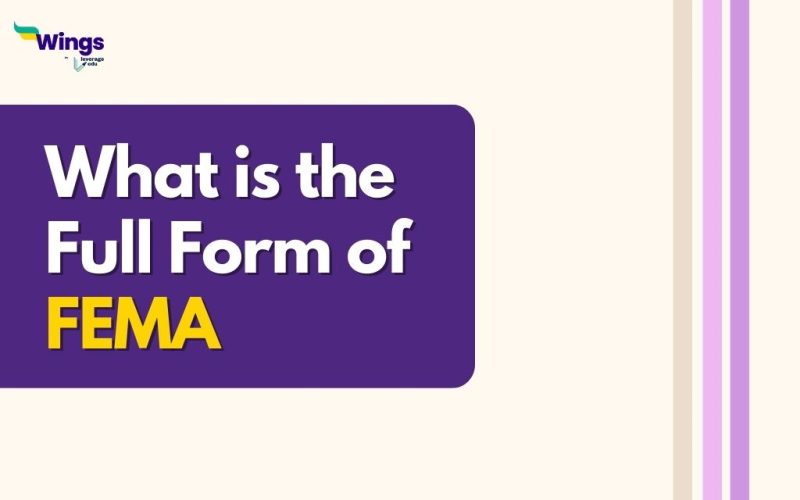The full form of FEMA is Foreign Exchange Management Act. In order to facilitate foreign payments and cross-border transactions, FEMA was passed by the Indian central government in 1999. FEMA was enacted on 29 December 1999 and came into effect on 1 June 2000. FEMA is basically a set of regulations that empower the Reserve Bank of India to pass regulations related to foreign exchange. Notably, FEMA has replaced the act called FERA 1973. (Foreign Exchange Regulation Act)
Also Read: How Exchange Works and Who Governs the Rates
Objectives of FEMA
Table of Contents [show]
The following are the objectives of FEMA
- To strengthen and update the nation’s rules governing foreign exchange.
- Making external commerce and payments simple and straightforward.
- To encourage the steady growth and upkeep of the nation’s thriving foreign exchange market.
- To establish formalities and procedures for all national forex transactions.
- Eliminating the pay disparity.
- To make the best use possible of the country’s foreign exchange resources.
- Moreover, it oversees and manages the employment, economic, and investment activities carried out by foreign nationals.
Also Read: MBA in Foreign Trade
FEMA vs FERA
The Foreign Exchange Regulation Act (FERA) was enacted far earlier, in 1973, than the Foreign Exchange Management Act (FEMA), which was first passed in 1999. FERA is in charge of the currency element, whereas FEMA is in charge of foreign exchange. While FEMA is flexible, FERA takes a strict approach to foreign exchange transactions. While breaching the law can result in jail under FEMA, it can also result in a fine or both (if the fine is not paid on time) under FERA.
Also Read: Forex Market Trade and Concepts for Beginners
Highlights of FEMA
- Foreign exchange transactions that are made by those who are not authorized are prohibited.
- There are seven different current account transactions that are forbidden by FEMA regulations. Transactions like lotteries, football pools, and others are included.
- FEMA regulations give ROIs (Residents of India) the flexibility to own or transfer any type of foreign commodity.
Major Provisions of FEMA
- The following are the provisions of FEMA, 1999:
- Trading in currencies, etc.
- Transactions on current accounts
- Exporting products and services is trading.
- RBI will check on authorized individuals.
This was all about FEMA full form. Visit the General Knowledge page to discover more intriguing articles about full forms. Get in touch with the experts at Leverage Edu in order to kickstart your study abroad journey.
 One app for all your study abroad needs
One app for all your study abroad needs















 45,000+ students trusted us with their dreams. Take the first step today!
45,000+ students trusted us with their dreams. Take the first step today!
